William Frederick "Buffalo Bill" Cody
William Frederick "Buffalo Bill" Cody (1846–1917) was an iconic American figure who became a legendary symbol of the American West. Born on February 26, 1846, in Scott County, Iowa, Cody’s life was filled with adventure, and his name became synonymous with the Wild West.
Cody grew up in the Midwest and, at a young age, became involved in various frontier jobs. He worked as a scout, a Pony Express rider, and even served as a soldier during the American Civil War. But it was his role as a buffalo hunter that earned him his famous nickname, "Buffalo Bill." He was hired to supply buffalo meat to workers building the Kansas Pacific Railway, and in the span of just a few years, he killed over 4,000 buffalo, cementing his place in frontier history.
Buffalo Bill's larger-than-life persona soon caught the attention of the public. His fame spread across the United States, especially after he became a star of the Wild West shows, which he started in 1883. These shows were a theatrical presentation of the American frontier, featuring re-enactments of cowboy life, Native American displays, and the skills of sharpshooters. The Wild West shows included popular figures of the time, such as Sitting Bull, the Lakota Sioux leader, and Annie Oakley, the sharpshooter. The shows toured across the United States and Europe, offering audiences an exciting, romanticized view of the Wild West, which was rapidly disappearing due to the expansion of the railroad and settlements.
Cody’s life, however, was not just about fame and entertainment. He was also involved in several business ventures, politics, and was a philanthropist. He tried to run for public office in Wyoming, though with limited success. His larger-than-life image became ingrained in American culture and helped shape the myth of the cowboy and the frontier, blending reality with fiction to create a narrative that would be celebrated for generations.
Buffalo Bill passed away on January 10, 1917, but his legacy lived on. His name continues to be synonymous with the spirit of the American West, and his contributions to American entertainment and popular culture remain influential.
Comments
Contributed by

OldPik
January 7, 2024
Source
External link to sourceHave old photos?
Share your historical photographs and help preserve our collective memory.
Upload pictures

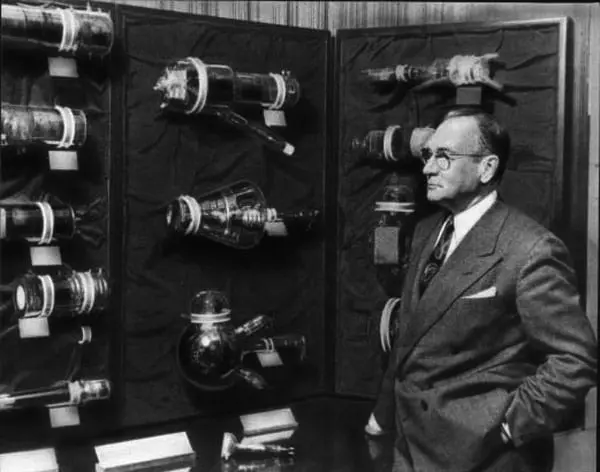
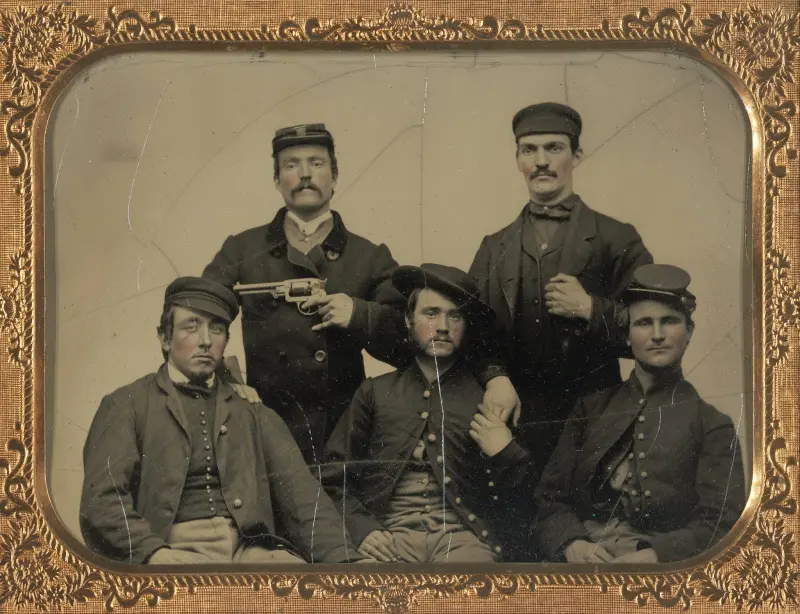
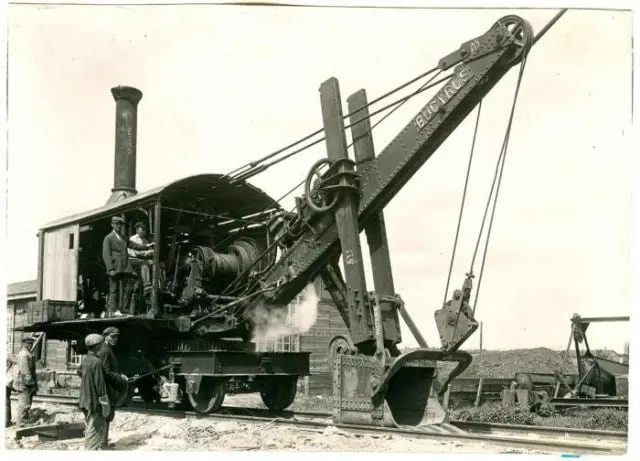
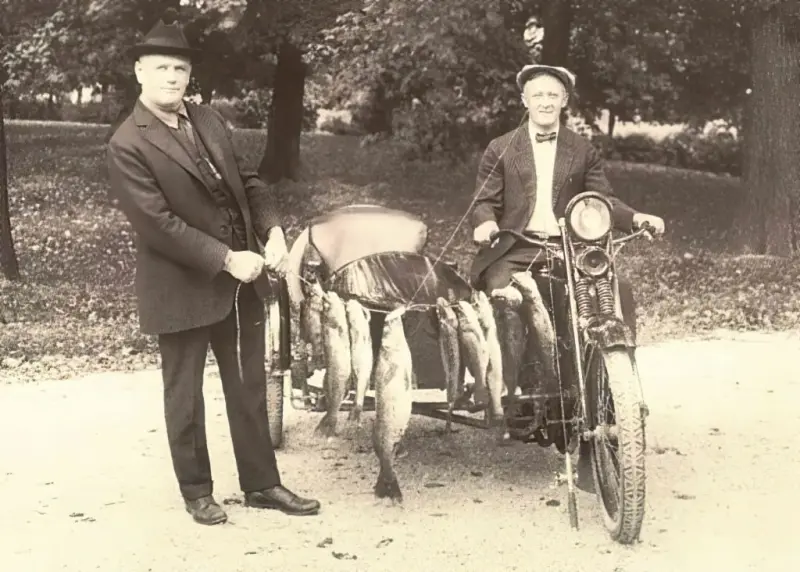
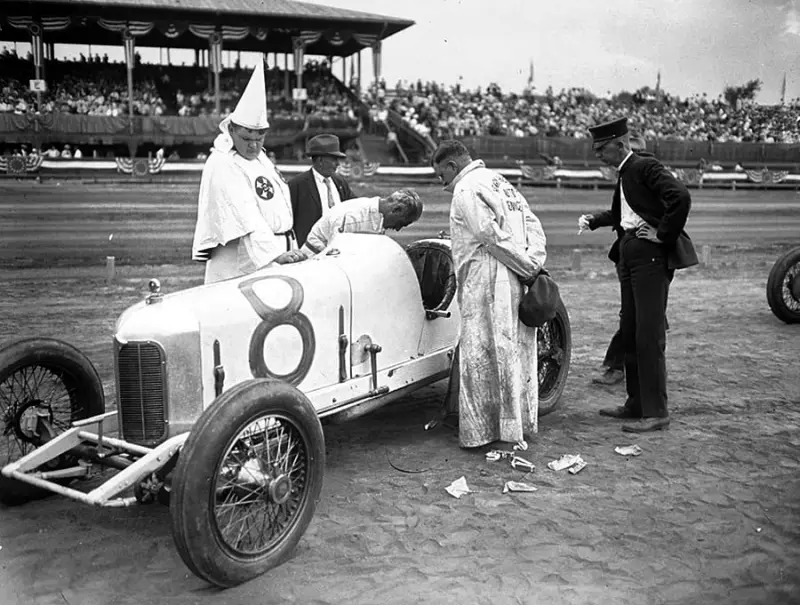
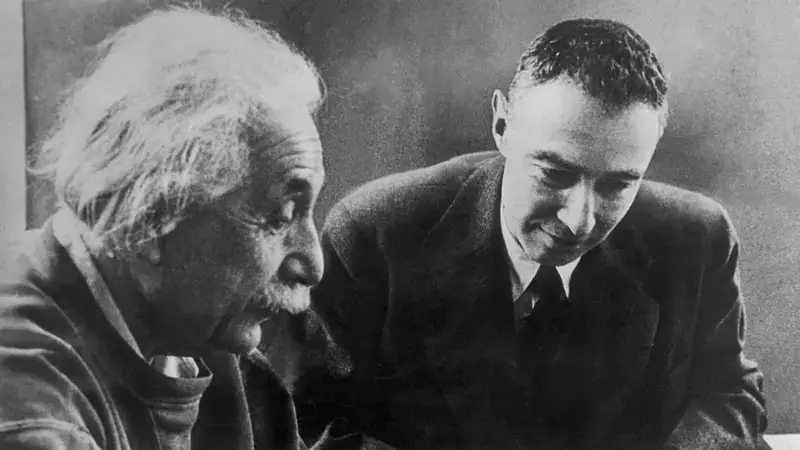
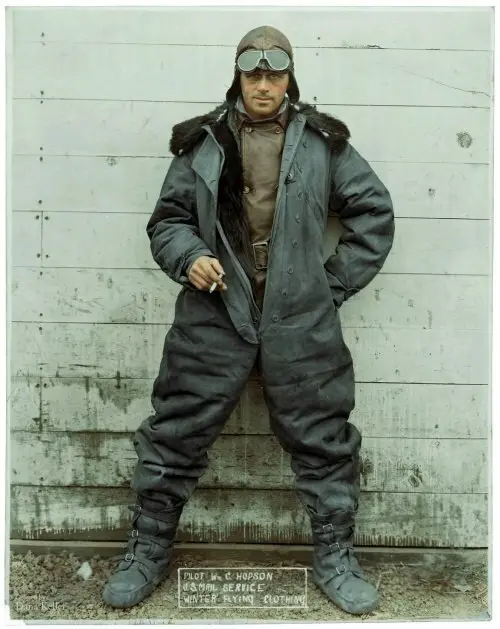
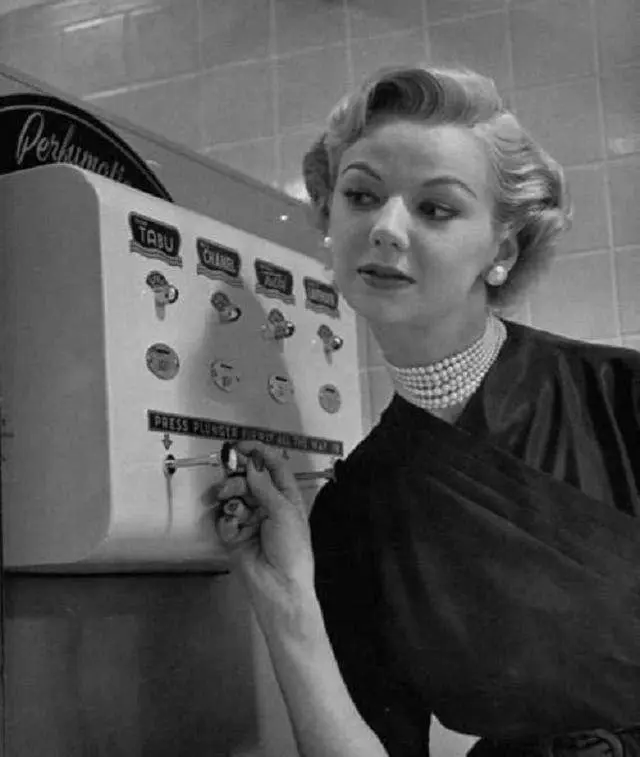
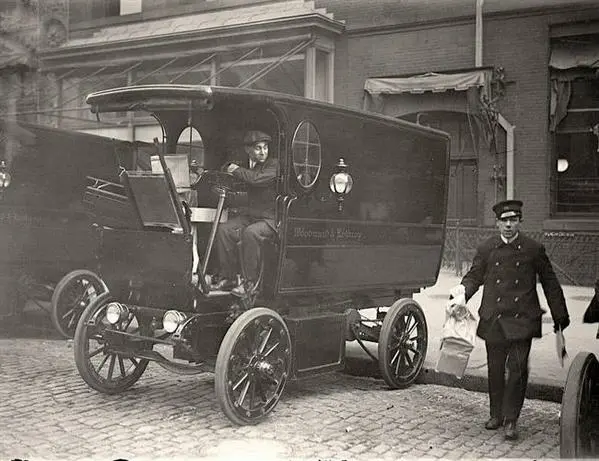
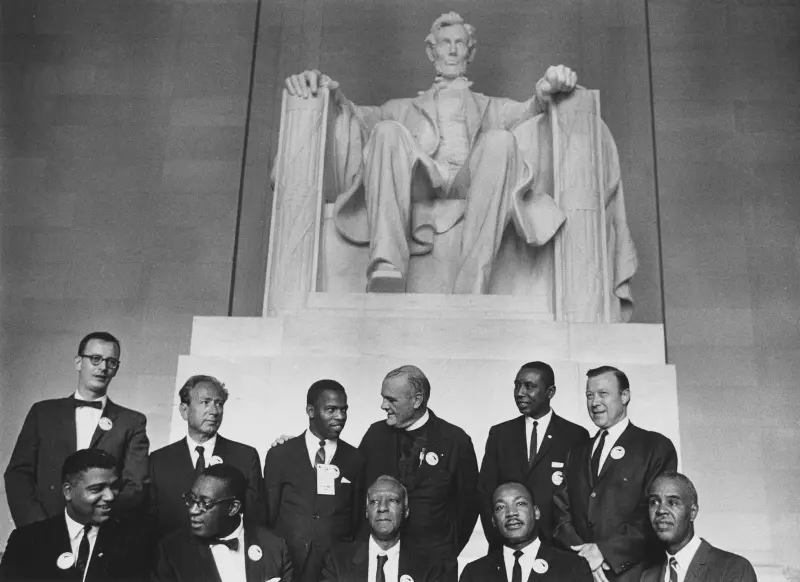
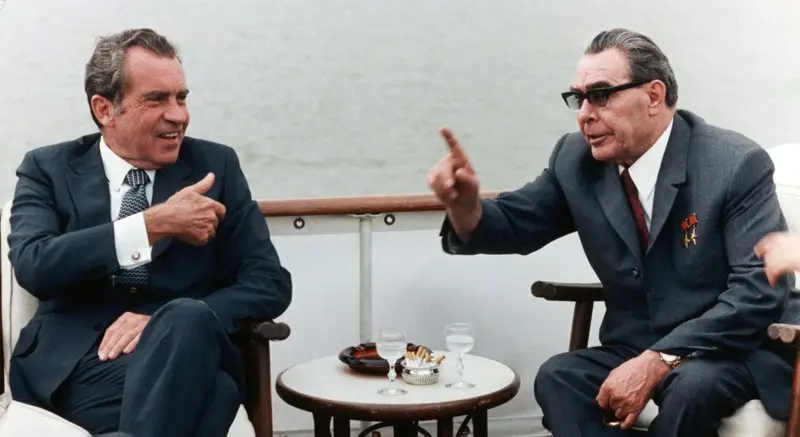
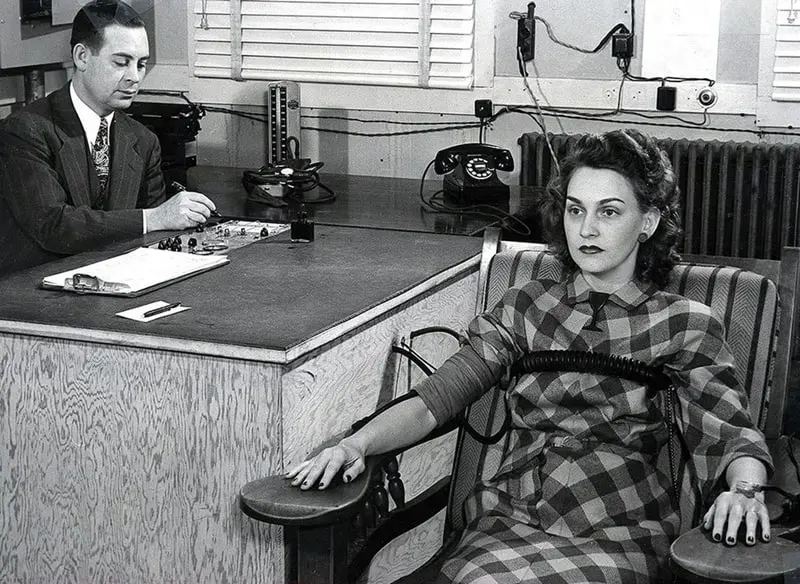
No comment yet, be the first to comment...